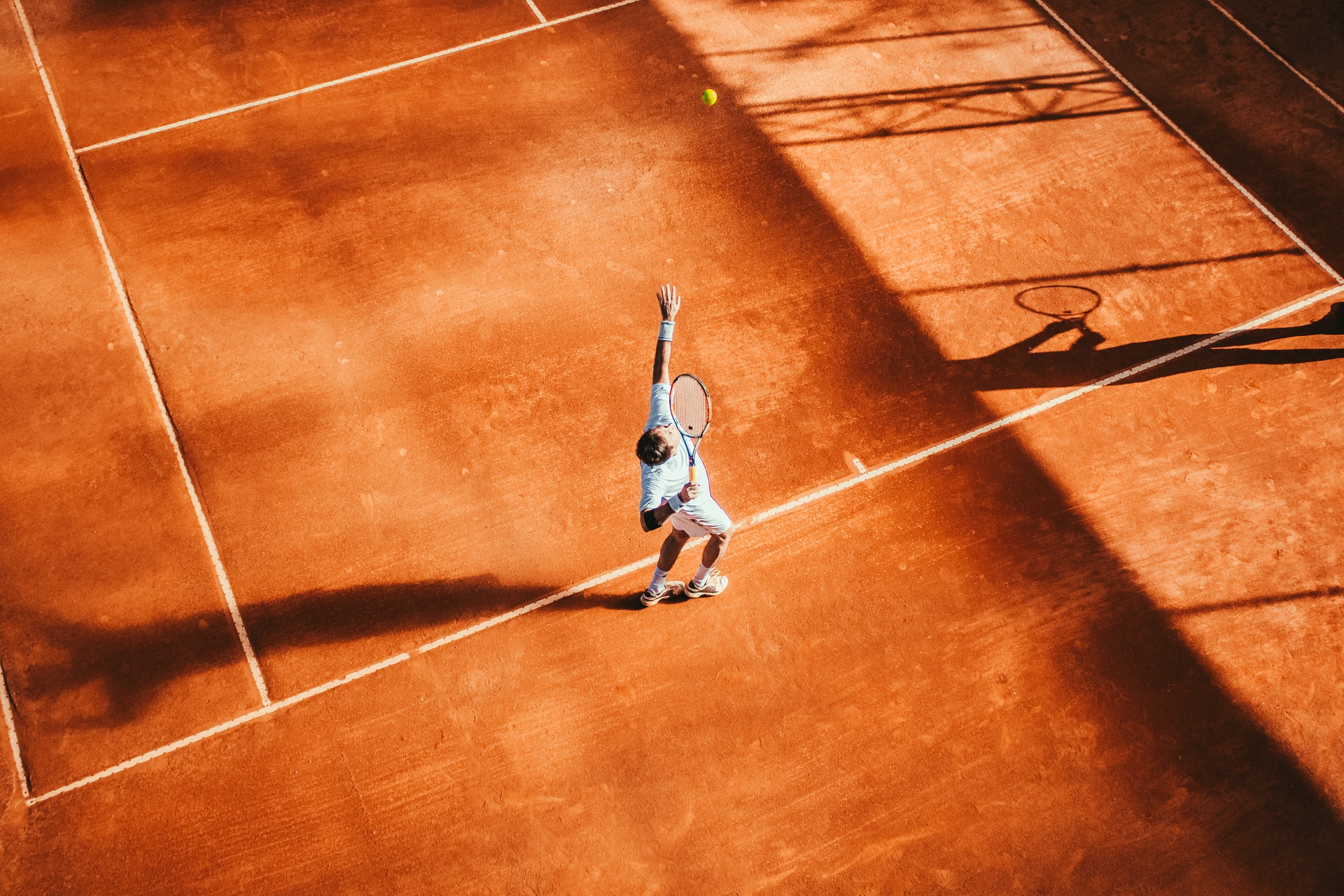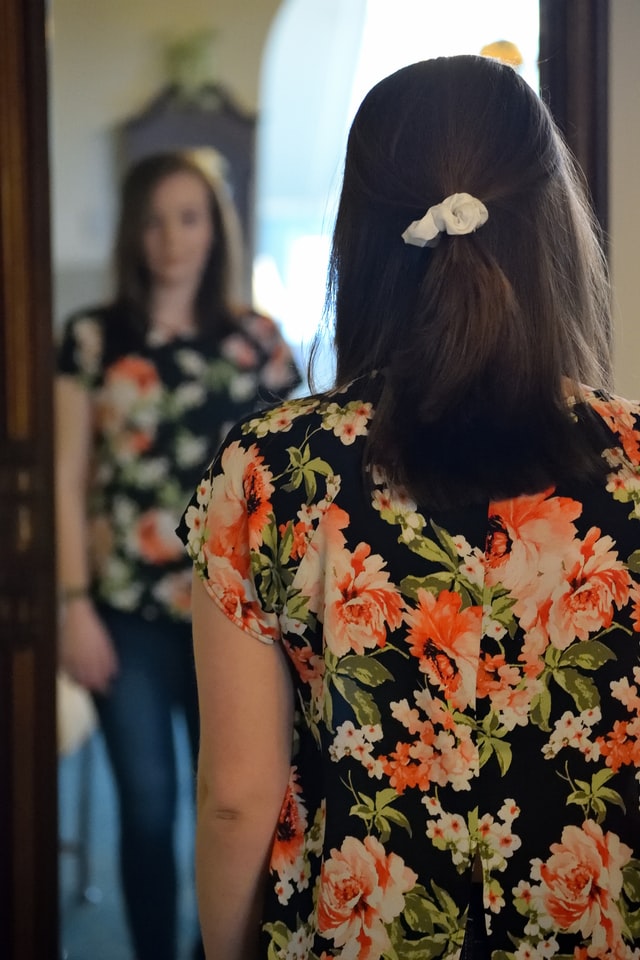Why Your Early Weakness Might Just Be Your Biggest Strength
My son is a competitive tennis player and often wins matches because of his speed and strong backhand shots. The trouble is, opponents now do their best to hit to his forehand, to exploit his relative weakness.
Recently, I spoke with his tennis coach about the need to improve his forehand shots. The coach reassured me, though, and told me this:
I’m convinced that his forehand will ultimately become his best shot, because the last shot to develop is always the strongest.
He went on to explain that, from his over three decades of experience coaching tennis players, he’s consistently seen a player’s early weakness become their eventual strength.
Why?
Because they gain the most understanding and appreciation through the greatest struggle.
Let me share with you another story of building strength through struggle.
Years ago, there was a 10-year-old boy in Mississippi who had such severe stage fright that he resisted doing anything in front of other people. His 8thgrade music teacher told him that he had “no aptitude for singing,” and he got a C- in the class.
Despite this musical weakness, he spent hours listening to country, gospel, and blues music in record stores and working on his confidence and ability to sing. He even pushed himself to audition for a local band, which brought a harsh assessment of his talent: Don’t give up your job as a truck driver, because you’re “never going to make it as a singer.”
Undeterred, he continued to work on it.
One day, Sun Records producer Sam Phillips heard him singing during a break at a performance by other musicians. Phillips thought his singing was fantastic. They cut a record together, and before long, that boy from Mississippi’s rendition of “That’s All Right” was dominating the airwaves. Soon, he was playing the Grand Ole Opry in Nashville. In 1956, RCA bought out his contract with Sun Records.
Concerts, television performances, and movies followed. Elvis Presley became one of the greatest rock stars of all time.
Don’t Give Up Working at The Hardest Things for You to Do
It reminds me of my late grandfather. Anyone who knew my grandfather would tell you that he was one of the calmest, most level-headed people you’d find. Despite hardship, frustrations, or setbacks, he remained a non-anxious presence.
I asked him one day why he was so calm, and his answer surprised me.
He revealed that early in his career he was wrecked with worry and anxiety. He worried about the future, what others thought of him, and whether he’d die young.
Despite his many virtues, his greatest struggle was with mental health. So, he worked HARD to change his thought patterns.
And then for decades after that, one of his greatest strengths was his ability to remain calm, level-headed, and non-anxious.
Your Weakness Can Become Your Strength
It’s true we all have limitations that we can never change. I’ll never be a center in professional basketball.
But we have much greater potential than we realize — especially when it comes to our greatest weaknesses.
Perhaps you feel stuck. Perhaps you’re trying to coach someone at work, or a child who just struggles in some area.
Keep working at it.
I’ve worked in the professional development and training field for nearly two decades, and I can vouch for the assessment by my son’s tennis coach:
I’m convinced that our greatest weaknesses can ultimately become our best shots, because the last shot to develop is always the strongest.
What shot could you commit to improving?










Comments are closed here.